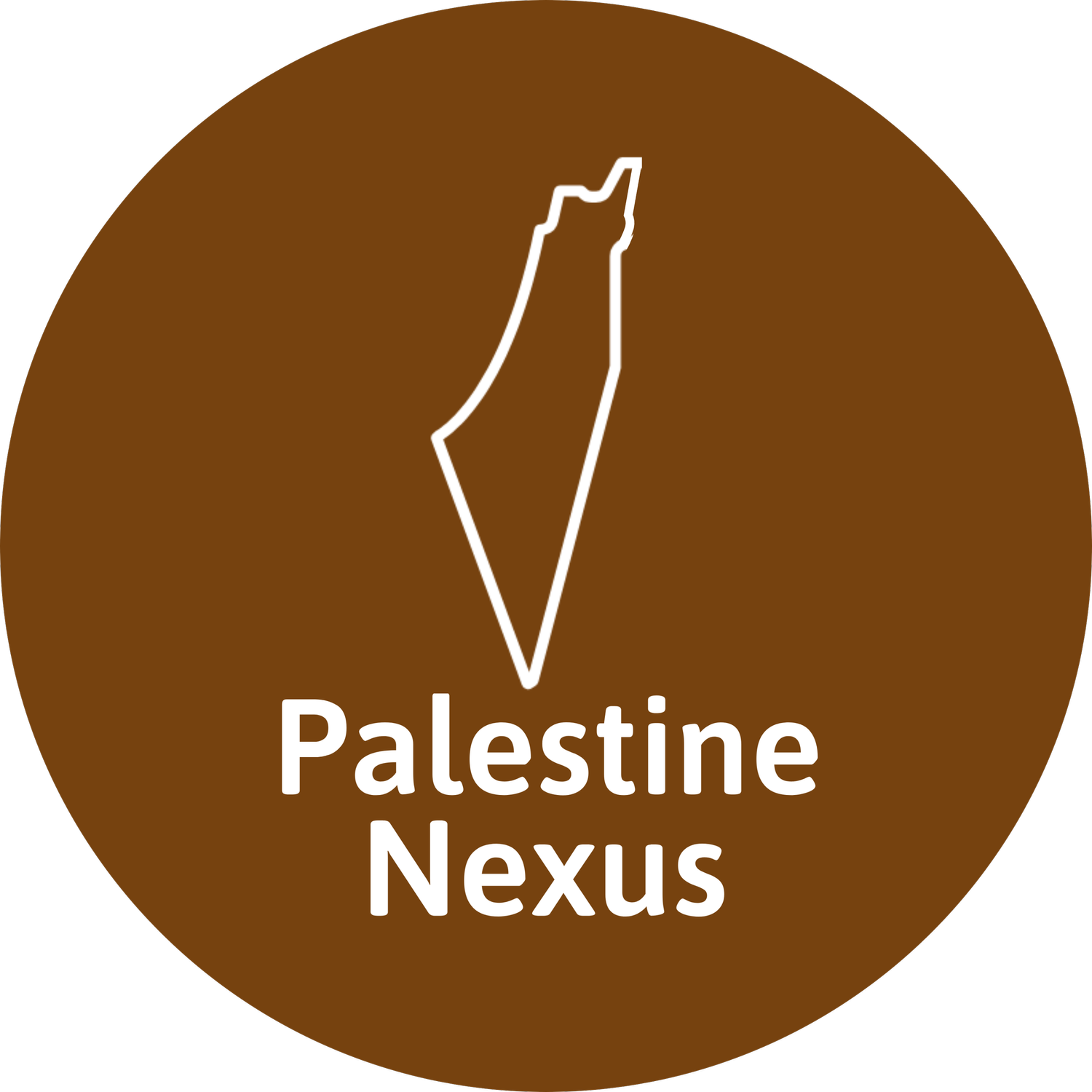Did Arabs always call Palestine, "Palestine"?
New research was published this week on the history of the word Filastin, or Palestine.
Almahdi Alrawadieh (University of Jordan) & Nabil Matar (University of Minnesota) ask:
Who used the term Palestine in the Arab world from 1517 -1798, and why?
1) People used the term in Ramla or in connection with Ramla. They cite an 18th century traveler, al-Nabulusi, who wrote a poem “celebrating the pride that Filastin has in the city of Ramla, where he was visiting.” (p.204).
The authors also cite 4 Jerusalem court documents from the 17th and 18th centuries (1642, 1643, 1646 & 1714) suggesting Ramla was known as “The Ramla of Palestine”, or Ramlat Filastin. They even share a photo of the 1714 record:
This finding supports a point I made in a 2016 paper, namely, that Palestine & Ramla were like peanut butter & chocolate:
Excerpt from “Was Jerusalem Part of Palestine? The Forgotten City of Ramla” by Zachary Foster
2) Writers from all around the Islamic world used the word Filastin from 1517-1798. The authors bring ~19 new sources to light to support this point:
5 Muslim writers who “copied & pasted” geographical descriptions or maps of Palestine from earlier writers [(1) Ahmad ibn ‘Ali Mahalli (1573) (2) ‘Abdallah ibn Salah ibn Dawud ibn Da‘r (d. 1604), (3) Zayn al-Din Ahmad Ibn ‘Ali al-Shu‘ayfi (1671); (4) Abu Bakr ibn Bahram (d. 1691) and a (5) copyist of Salih ibn Ahmad al-Tamartashi’s (d. 1715) al-Khabar al-Tamm).
3 Muslim writers who generated original content on Palestine (Jerusalemite Hafiz al-Dın al-Qudsi & Ibn Sipahi Zada (d. 1589) and Abd al-Ghani al-Nabulsi (d.1731))
11 Christian Arab writers who generated a combination of “copied and pasted” content and original content: ((1) a 17th century disputation; (2) a translated collection of stories about saints; (3) Germanos Farhat (1696); (4) Patriarch Athanasius (Dabbas) (1711); (5) A collection of saints’ lives; (6) a manuscript about biblical history; (7) manuscript listing the names of all the Ottoman sultans; (8) a collection of epistles and letters; (9) a Propaganda Fide manuscript; (10) an 18th century almanac; (11) an early 19th century Greek Catholic manuscript.
In short, lots & lots & lots of Muslim, Christian, Arab and Ottoman writers wrote about Palestine in the 16th, 17th, 18th and 19th centuries. Next time a propagandist tells you “they never called the place Palestine,” forward them this email!
Palestine Activists of the Week
This wouldn’t be Palestine, in your Inbox if we didn’t put a smile on your face. So let’s end with a shout out to The Palestinian Social Fund:
It’s a non-profit organization based in Palestine working to establish cooperative farms in Palestine. These farms are started by youth who are returning to the land to reclaim food sovereignty and break the dependence on the occupation.
All of us can ensure the longevity and sustainability of these farms so the land can once again be a source of livelihood for more and more Palestinians. You can support them here at this link.
If you liked the history content, let me know! If you didn’t like the history content, BLEEEEEZE let me know by replying to this email!
If you enjoyed this article, check out our online courses for a comprehensive understanding of the history of Palestine and Israel.



